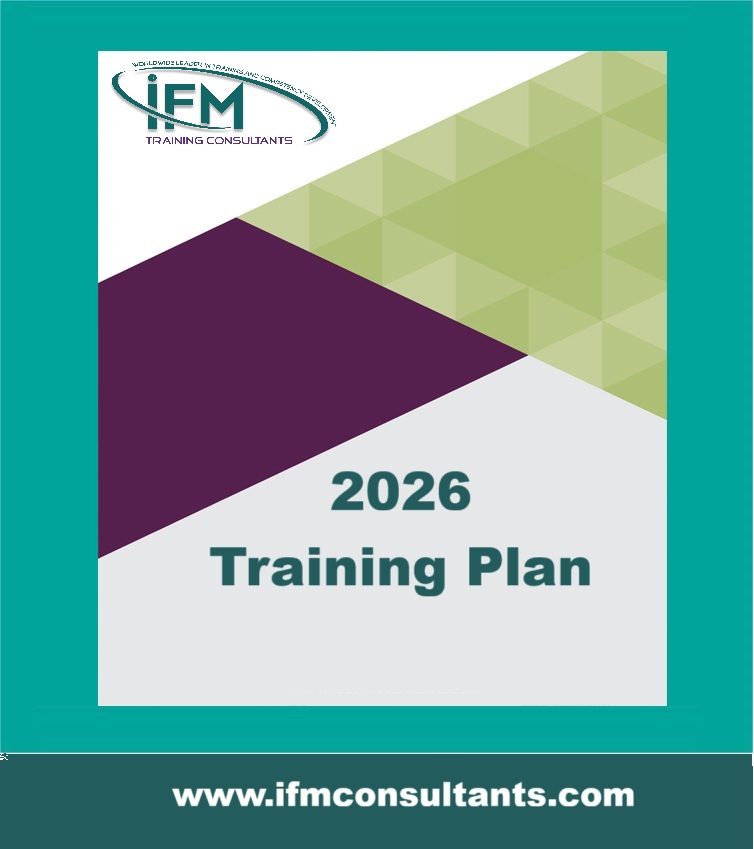Certified Lean Six Sigma Black Belt Program
| Start Date | End Date | Venue | Fees (US $) | ||
|---|---|---|---|---|---|
| Certified Lean Six Sigma Black Belt Program | 16 Nov 2025 | 20 Nov 2025 | Riyadh, KSA | $ 3,900 | Register |

Certified Lean Six Sigma Black Belt Program
| Start Date | End Date | Venue | Fees (US $) | |
|---|---|---|---|---|
| Certified Lean Six Sigma Black Belt Program | 16 Nov 2025 | 20 Nov 2025 | Riyadh, KSA | $ 3,900 |
Introduction
Black Belts are at the core of every Six Sigma implementation. Motorola used the term "Black Belt" to describe "an individual who has developed a synergistic proficiency between his or her technical discipline and the Six Sigma strategies, tactics, and tools. These individuals will continually work towards institutionalizing the effective use of these tools throughout the corporation, its clients, and its suppliers." Master Black Belt training follows the standard model of this training spread over four months. Between one-week sessions, environments to apply the Master Black Belt candidates return to their business tools and methods studied in class. Join the elite club of Six Sigma experts who can lead significant improvement projects at their organizations. Six Sigma is an industry-standard methodology for process improvement and business transformation. This course will help you become a subject matter expert building on your Green belt training to improve the quality of your organization operations by adopting a data-driven approach and provide you with the skills necessary to work on projects to benefit all types of processes and businesses. Participants will become experts at the different phases of Define, Measure, Analyze, Improve and Control (DMAIC) and learn how to scope and implement a project. Additionally, participants will become experts in deploying quality and statistical tools to achieve lower defect levels and cost.
Objectives
- Lead and manage Six Sigma teams
- Improve processes using the Define, Measure, Analyze, Improve and Control (DMAIC) Six Sigma methodology (variation removal) and Lean approach (waste removal)
- Analyze how Six Sigma concepts relate to the overall business mission and objectives of a unit or an organization.
- Collect and analyze data appropriately using various tools in Minitab
- Apply advanced tools used in a Six Sigma project
By the end of the course, participants will be able to:
Training Methodology
This is an interactive course. There will be open question and answer sessions, regular group exercises and activities, videos, case studies, and presentations on best practices. Participants will have the opportunity to share with the facilitator and other participants what works well and not so well for them, as well as work on issues from their own organizations. The online course is conducted online using MS-Teams/ClickMeeting.
Who Should Attend?
Managers, supervisors, and professionals who wish to utilize the Six Sigma approach in their organizations, gain professional certification or become subject matter experts in Six Sigma.
Target Competencies
- Deploying Six Sigma
- Problem-solving skills
- Change management
- Leadership
- Team management
- Using applied statistics
- Lean tools
Course Outline
Day 1: LEADING AND MANAGING A SIX SIGMA PROJECT
- Review of Green belt BOK
- Fundamentals of Six Sigma and Lean methodologies
- Six Sigma, lean, and continuous improvement methodologies
- Relationships among business systems and processes
- Selecting the correct projects for Six Sigma
- Developing the Project scope, charter, and problem statement
- Voice of the customer / Critical to Quality (CTQ)
- Customer identification
- Customer data collection
- Customer requirements
- Project performance measurement
- Project planning, risk assessment, and project launch
- Team creation, RACI, and communications planning
- Project Management, planning, risk assessment, and project launch
- Analytical tools: using Pareto for project scoping
Day 2: Six Sigma Organizational-Wide Deployment
- Organization-wide Considerations
- Strategic planning and deployment for initiatives
- Leadership
- Roles and responsibilities
- Organizational roadblocks and change management
- Team Management
- Team Formation
- Team Facilitation
- Team Dynamics
- Team Training
- Impact on Stakeholders
- Benchmarking
- Business Measures
- Performance Measures
- Financial Measures
Day 3: Measuring Performance
- Data collection
- Types of data
- Measurement scales
- Data measurement plans and methods
- Inferential Statistics
- Measuring and modeling relationships between variables
- Correlation coefficient
- Linear regression
- Multivariate tools
- Point and interval estimates
- Tests for means variances, and proportions
- Analysis of variance (ANOVA)
- Goodness-of-fit (Chi-square) tests
- Contingency tables
- Nonparametric tests
- Advanced Measurement systems analysis and Gauge R&R
- Failure Mode and Effects Analysis (FMEA)
Day 4: Analyzing and Improving Processes
- Advanced graphing
- Process modeling regression
- Advanced process modeling
- Introduction to hypothesis testing
- Design of Experiments (DOE)
- Design principles
- Planning experiments
- One-factor experiments
- Two-level fractional factorial experiments
- Six Sigma control plans
- Evaluating and selecting solutions
- Sustain improvements
- Lessons learned
- Documentation
- Ongoing evaluation
Day 5: Lean Thinking
- Lean thinking principles
- Types of waste (MUDA)
- Lean methods
- Waste elimination
- Lean Toolbox
- Total productive maintenance (TPM)
- The visual factory and 5 S
- Mistake proofing - Poka Yoka
- Lean vs Six Sigma
Professional Recognition & Accreditations
American Society for Quality (ASQ): We are an approved training provider in the region for the American Society for Quality (ASQ), the world-leading authority on quality. With more than 100,000 members worldwide, ASQ advances learning, quality improvement, and knowledge exchange to improve business results and create better workplaces and communities. Our association with ASQ is indicative of our joint commitment to support ASQ in its mission in this region. We cover topics on several quality-related topics such as six sigma green belts, lean principles, and preparation for the Certified Manager of Quality/ Organization Excellence.


















